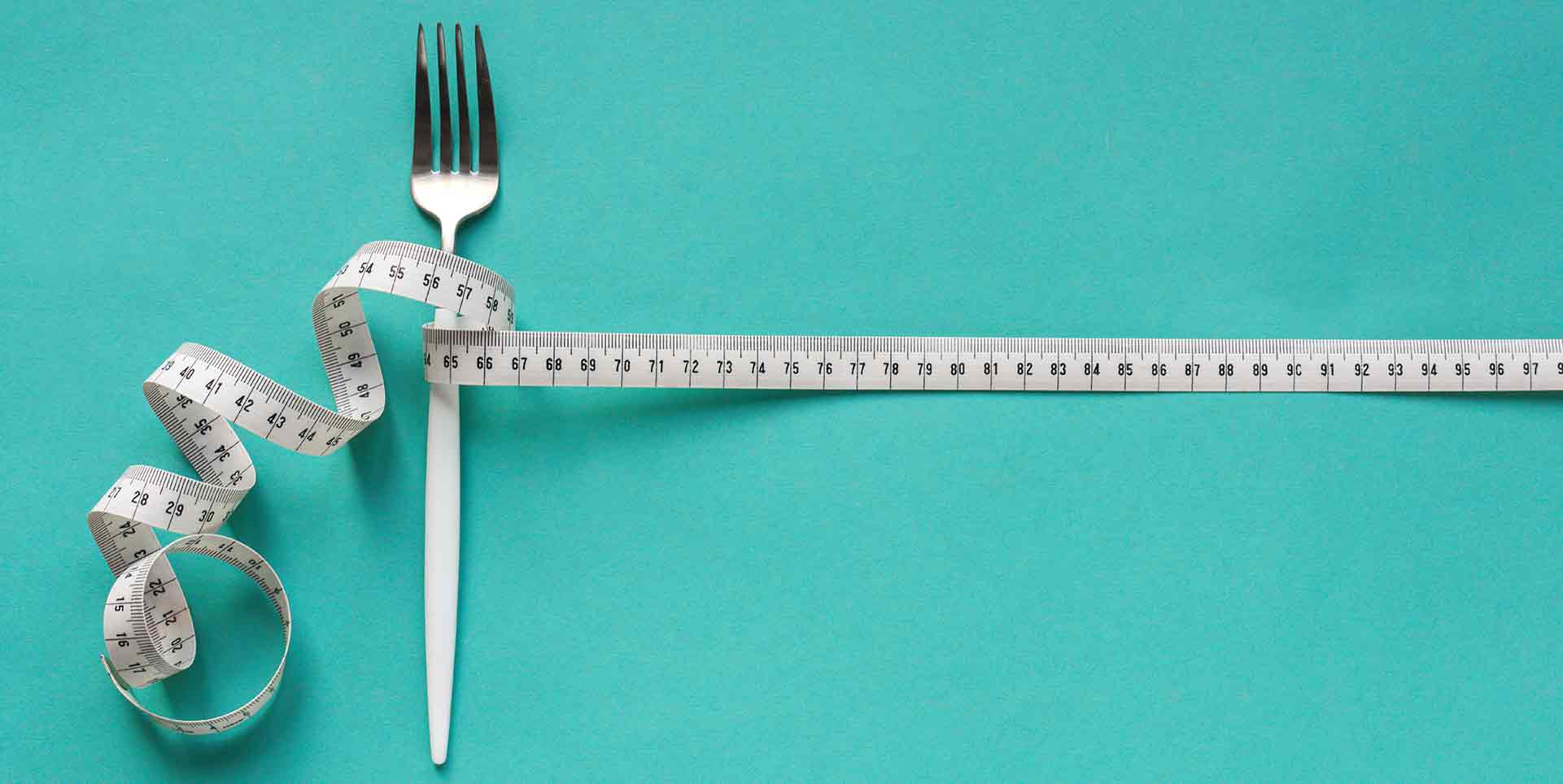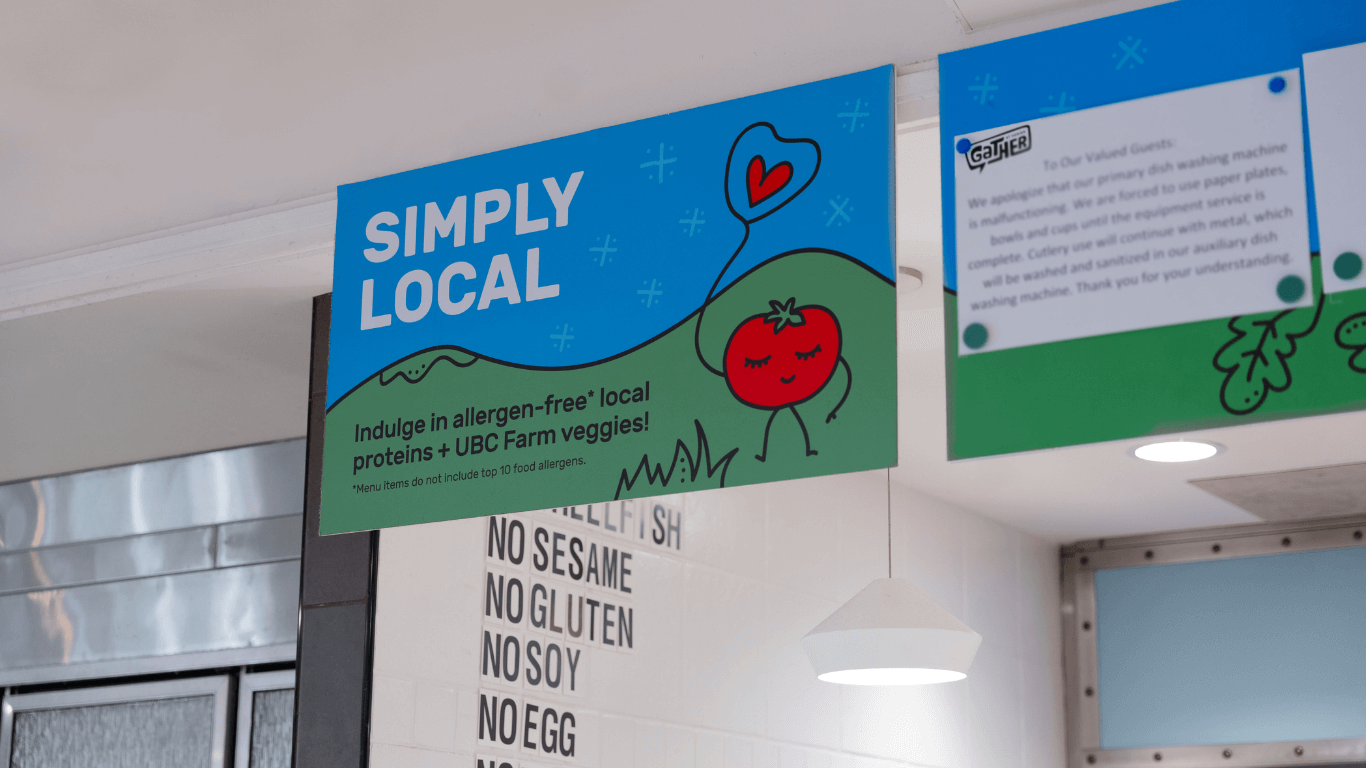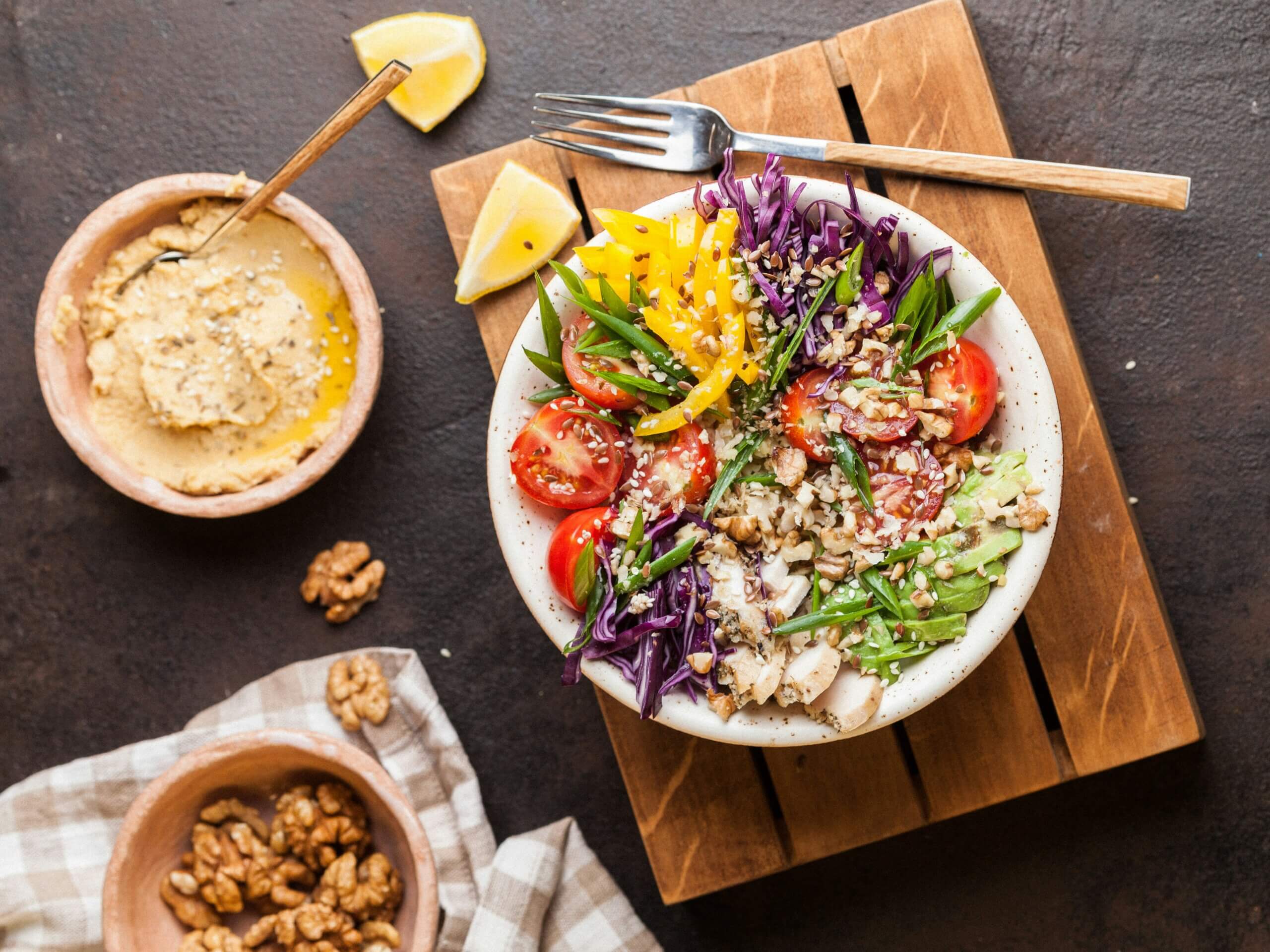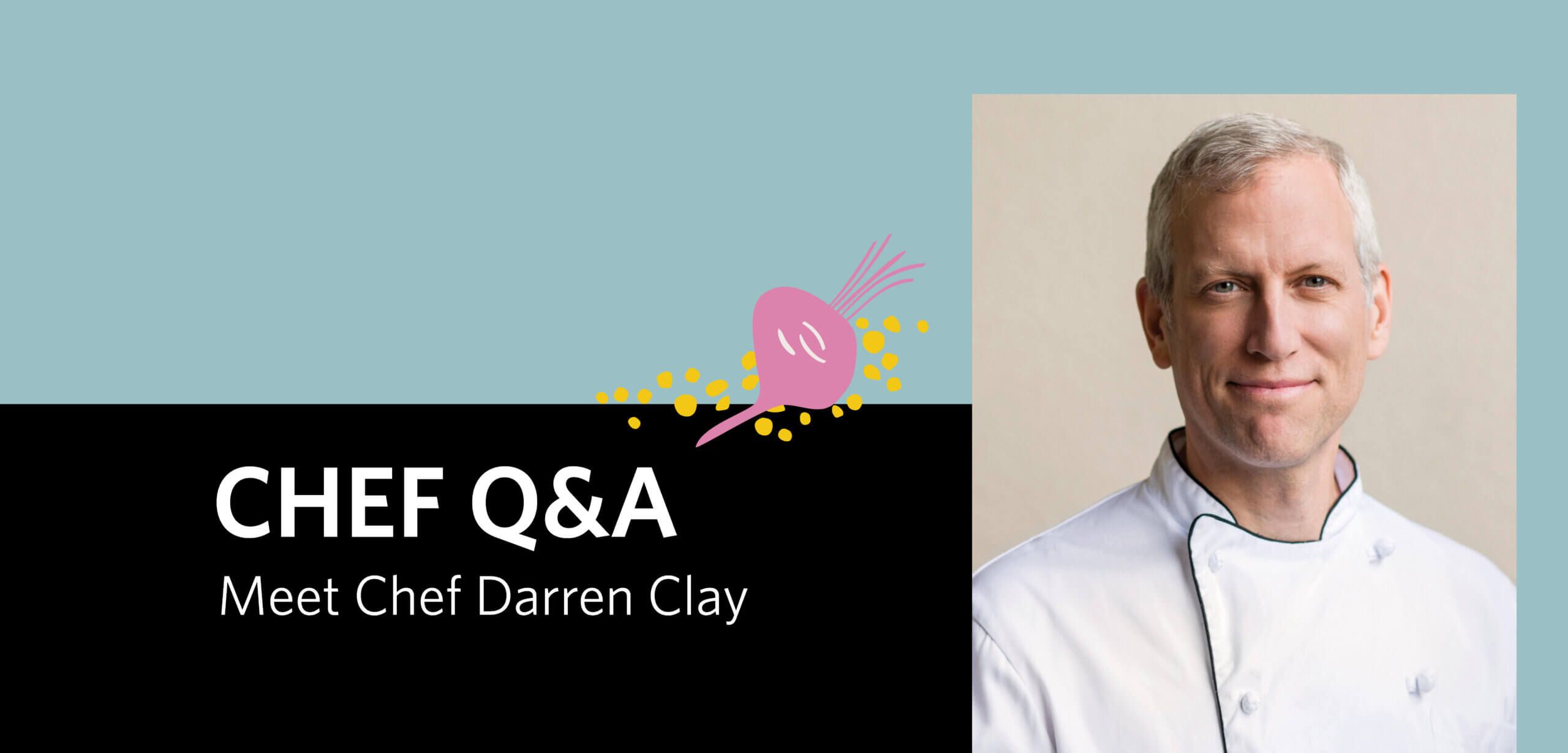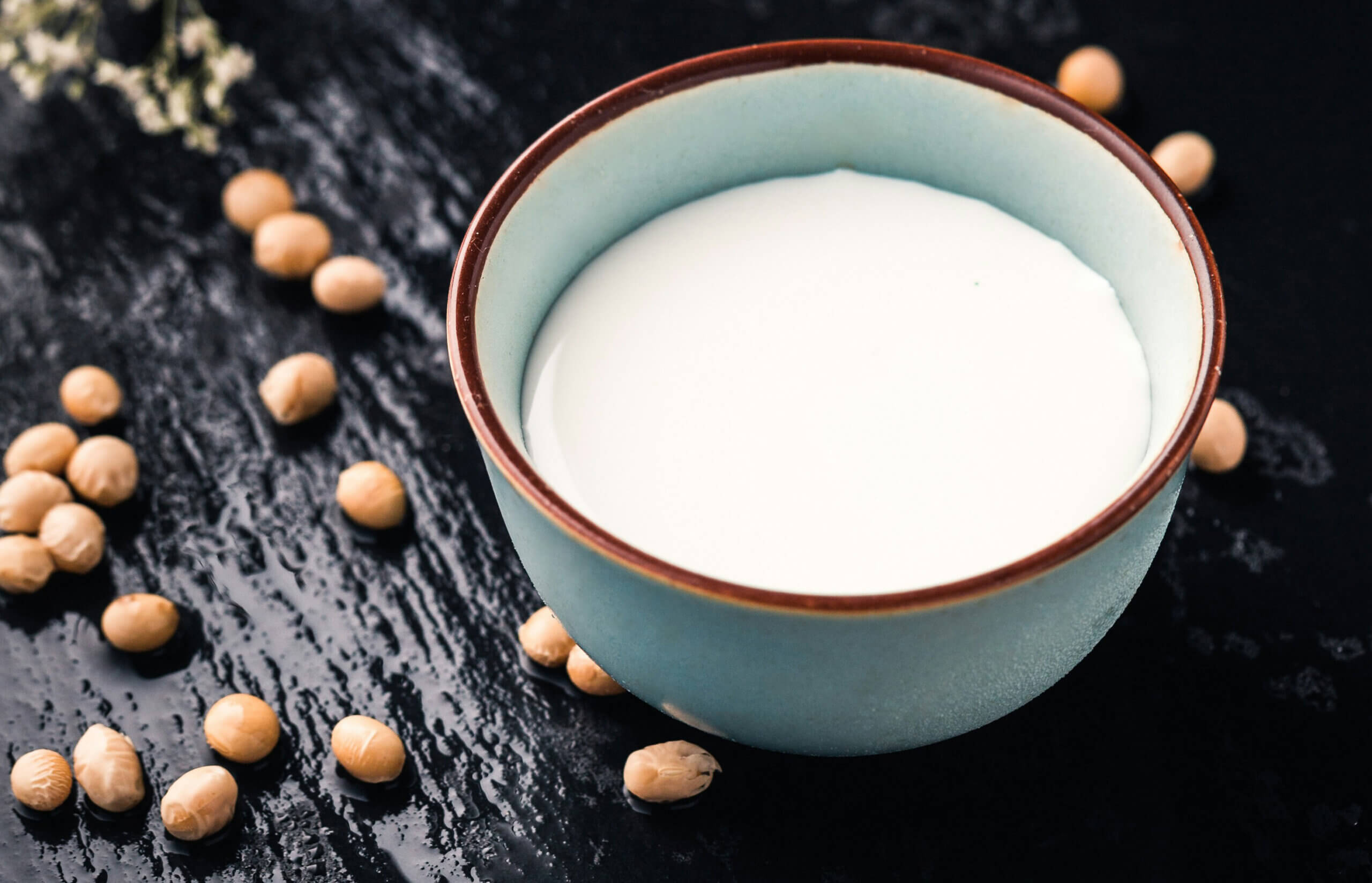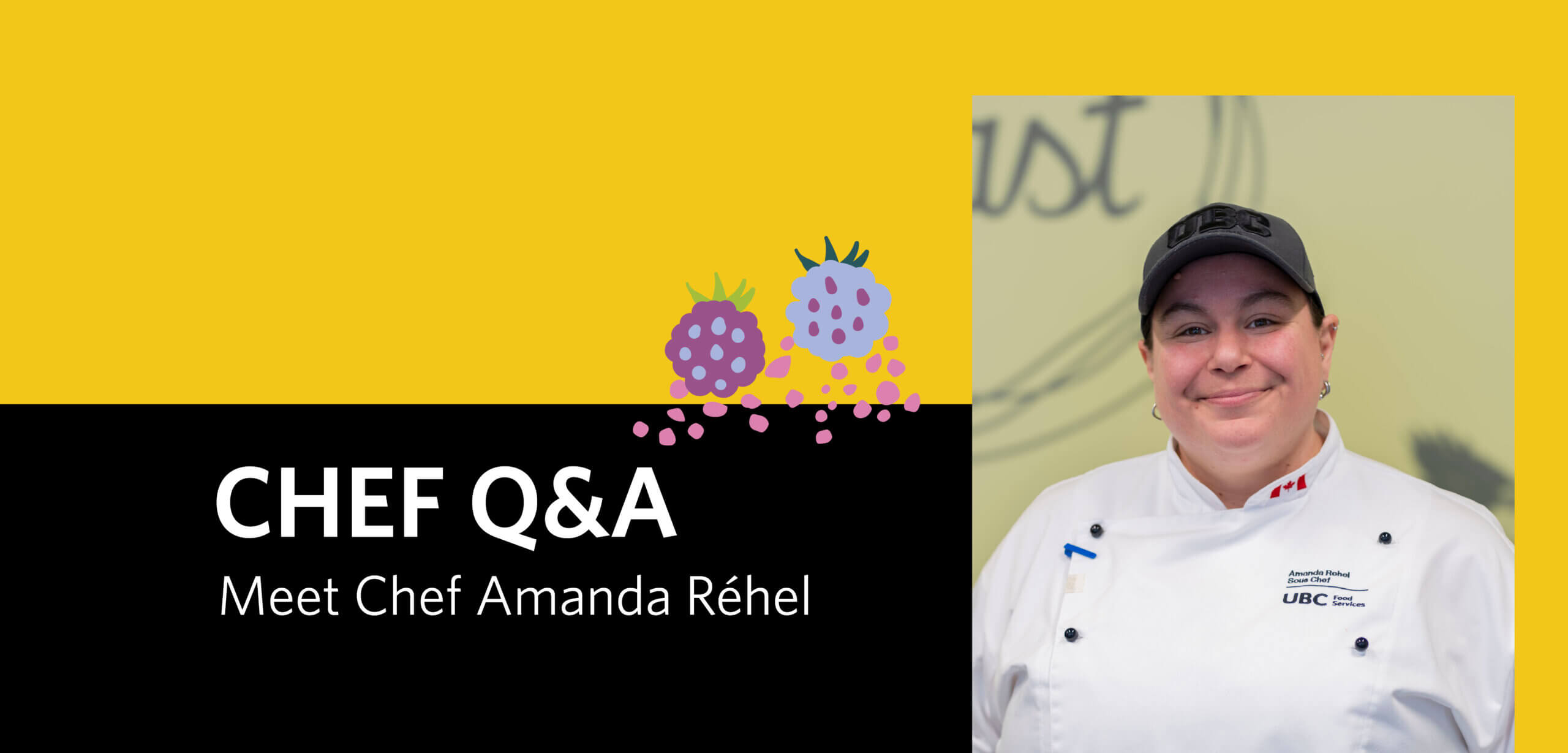For most of my teen years I was consumed with being on the best ‘diet’. The “no sugar diet”, “juice cleanses”, “low carb diet”, or “high protein diet” were some of the diets that I was lured into trying.
When I would start a new diet, I would feel excited and hopeful that I would achieve the advertised results, I would then realize that the “diet rules” you had to follow were not sustainable long-term. Then, I would start to break these rules and feel like I failed. This cycle would continue (what is termed yo-yo dieting). I was constantly being fooled into thinking that these diets would make me look and feel my best.
My interest in diets along with my interests in health, wellbeing, food, and cooking led me to choose dietetics as a field of study. However, it wasn’t until I entered the program that I realized that “diets” do not work and are simply marketing ploys that target an individual’s insecurities.
Many of the diets promise body changing results, however, a lot of these “promises” just aim to promote the westernized beauty standard, which does not include much diversity in terms of race and size. This beauty standard just reinforces the idea that in order to be successful, worthy, or accepted in society you need to obtain this beauty standard, which is clearly false. Rather, your worthiness in society has absolutely nothing to do with the shape or size of your body. All individuals have amazing strengths and qualities beyond their looks that will let them achieve successfulness in life and should make them feel worthy.
These diets and diet products are targeted towards individuals on all media outlets including commercials, ads, through celebrity endorsements, influencers, and especially on social media platforms, like Instagram. A few years ago, when I was fully immersed in diet culture, my Instagram feed was filled with health and wellness influencers that used their platforms to promote diets, diet products, and unattainable or unsustainable body standards. Constantly seeing diet culture content continually reminds you of these unrealistic expectations, which is exhausting and mentally taxing.
I have come to learn that there is no single diet that will make you look a certain way and that, in fact, the shape and size of your body does not directly reflect your health status. I started to learn that diet culture and dieting is actually unhealthy both physically and mentally.
Diets are unsustainable as they usually do not incorporate enough energy or nutrients, which can lead to harmful effects. They also tend to be very restrictive, which means the diet can be hard to adhere to. Many people on diets may feel anxious about social events or completely avoid social events because they do not want to be tempted to break these “diet rules”. Some diets promote some foods as “bad” and “good”, which can lead to guilt and shame if you are eating “bad” foods. In reality, there is no such thing as “good” or “bad” foods. All foods fit into a healthy diet.
I had to unlearn restrictive dieting practices that I had picked up over the years and learn to incorporate more intuitive eating habits into my daily life. I had to unlearn that the size and shape of my body dictates my value and learn and accept that my body will change over time regardless of what I do or do not do. Finally, I had to learn that social media content does not depict real life and that it can largely influence my thoughts and behaviours in a negative way.
Over time, I was able to remove myself from diet culture with the help of very supportive friends, family, and professionals. Along with ongoing support, I found certain activities and ways of thinking to be very beneficial, which I detail below.
I have learned:
- Don’t be restrictive
- Focus on adding foods into your diet rather than cutting foods out completely. There is no such thing as good or bad food. Restricting certain foods actually makes you desire them more.
- Be flexible
- Your daily food intake should not be determined by the “food rules” you have set for yourself. Instead, you should feel like you are able to choose foods freely and with peace. Letting yourself eat foods you love is totally okay and completely normal.
- Don’t be critical
- You should not feel guilty or shameful for what you are eating, and you should not judge others for what they are eating.
Adopt An Anti-Diet Mindset
- Talk to others about dieting and how it may be affecting you
- Dieting can take up a lot of mental space and feel very consuming. Starting a conversation about this with others may help you to feel less overwhelmed and stressed.
- Detach from controlling food and instead allow food freedom
- Allowing room for all foods in your diet will help to remove anxiety over breaking “food rules” and lead to more intuitive eating.
- This is easier said than done. Consider working with a dietitian if you are struggling.
- Engage in positive self-talk
- Try removing judgement towards yourself and allow for more self-compassion. Would you talk to a friend the way you talk to yourself?
- Change up your social media
- Incorporate more body positive and anti-diet messages into your feed. Seeing more positive messages can help shift your perspective on dieting.
- Unfollow people that make you feel like you need to change your weight or shape or guilty about your food choices.
- Some anti-diet, intuitive eating, and body positive Instagrammers: @nutrifoodie_org, @no.more.guilt, @thenutritiontea, @dietitiandeanna, @chr1styharrison
Resources
- For more information on anti-diet lifestyles check out this book and this book.
- To learn more about the intersection of race and diet culture listen to this podcast and read this article.
- For information on eating disorders and seeking help see here.
To conclude, here is a quote that truly resonated with me. It is from the book, Anti-Diet by Christy Harrison, “[Diet culture] keeps us too hungry, too fixated on our bodies, and too caught up in the minutiae of our eating regimens to focus our energies on changing the world.”
